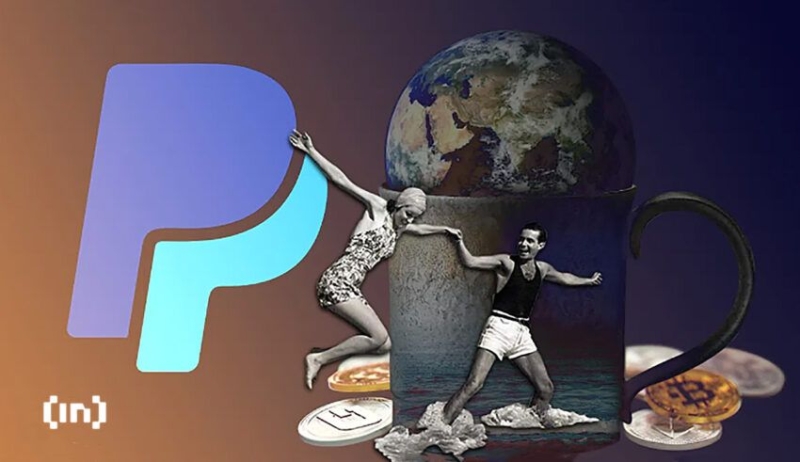
On Aug. 7, global payments giant PayPal announced the launch of a new dollar-pegged stablecoin, PYUSD. The reaction from the crypto community has been mostly positive, with a few expected concerns over centralization.
Will Ethereum Be the Biggest Beneficiary of the PayPal Stablecoin?
The PayPal stablecoin will be based on Ethereum, reinforcing its properties as the internet’s financial layer, said Ryan Sean Adams.
“PayPal has 430 million active accounts. Sleep on this if you want. Ethereum is becoming the money layer of the internet.”
He added that PayPal wouldn’t do this without regulatory cover and the US government “clearly wants stablecoins to work.”
Uncle Sam may “flip bullish” on stablecoins and choose to “pursue a policy of exporting them to the world,” he suggested. They would begin with centralized, highly controlled stablecoins, which is what PYUSD will be, and may extend support to more decentralized assets.
Furthermore, Bitcoin Foundation founder Charlie Shrem is expecting big benefits for BTC, stating:
“Paypal launching a stablecoin will skyrocket#Bitcoin to at least $250,000 faster than it was supposed to, and ETH likely will 10x on a faster timetable. Very exciting.”
PayPal Critics Remain Vocal
There was plenty of negative feedback to the PayPal announcement, most regarding centralization and control.
Crypto YouTuber Lark Davis commented on its issuer, Paxos, the same company that US regulators attacked for minting Binance USD.
“Sooo…. the new Paypal USD stablecoin is issued by Paxos. Remember when BUSD got ordered to stop issuing its coins? PYUSD is literally issued by the same company! This shit is crazy.”
Crypto influencer Layah Heilpern advised caution:
“I absolutely would not touch this and would advise you to do the same. This is how they discreetly bring about a CBDC. Money big tech can turn on and off if they don’t like your opinion.”
Hidden in the smart contracts for PYUSD is the ability for PayPal to freeze or reverse transactions. PayPal also regularly freezes user accounts and funds, has very high fees, and has similar KYC requirements to banks.

